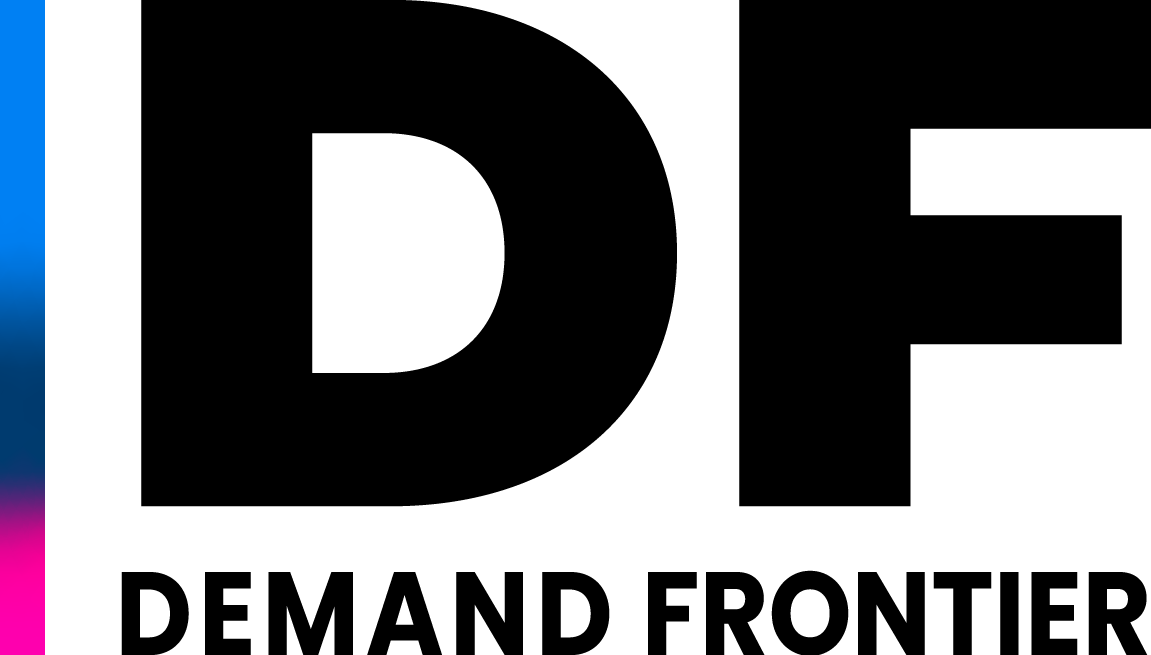Dark Social: How it impacts B2B Marketing & How We Can Help
Welcome to the world of B2B digital marketing! Are you curious about how to leverage “Dark Social” and what that could mean for your marketing strategy? It may sound a bit mysterious, but don’t worry—it’s nothing to be afraid of and we’re here to shed some light on it.
In this blog post, we will explain Dark Social, its impact on your B2B marketing strategy, and how to measure it. Plus, we’ll hint at how Demand Frontier, as one of the top digital marketing agencies, can supercharge your strategy.
Understanding Dark Social?
So, what’s the buzz about Dark Social? It´s all about private sharing. Forget about underground forums; this is all about sharing content or discussing brands privately and tapping into word-of-mouth strategies. Alexis Madrigal created the term in 2012, and it covers various activities that traditional analytics tools often lack the ability to track.
Think of messaging apps like WhatsApp or Slack, email exchanges, podcasts, or private conversations on social media apps. It even sneaks into web traffic when someone clicks a link from a secure page. It’s your closed Facebook Groups or that hilarious meme shared just with friends.
The Significance of Dark Social in B2B Marketing
Dark Social is now essential in digital marketing and not just a temporary trend. As content marketing continues to evolve, companies must adapt to the changing landscape. Dark Social represents a change in how audiences consume and share content, making it crucial to incorporate it into their strategies.
As a marketing strategy agency, we acknowledge that we can’t ignore Dark Social. It’s a waiting opportunity to tap but must be approached differently. To engage their audience effectively, one must be IN the community. Companies must create customized content strategies and engagement by first understanding the rules of engagement in private sharing, and second not seeing it as yet another advertising channel. This is all about community building and engagement. You get what you give.
The Impact of Dark Social on Analytics
Dark Social can be a secret agent of B2B marketing. It remains hidden from regular analytics tools, which means your data may not be telling the full story. Distorted analytics? We’ve all been there.
Let’s consider a scenario. Imagine you’re running a successful marketing campaign, and you notice a significant spike in website traffic. Traditional analytics may attribute this surge to direct traffic, but the reality might be different. Dark Social could be the driving force behind these hidden referrals.
And here’s where it gets tricky—distorted data can lead to misinformed decisions. If you think most of your traffic is coming directly to your site, when in reality it’s from Dark Social, you might allocate your marketing investments incorrectly. Additionally, you could miss out on opportunities to engage your audience where they truly are—hidden in the shadows of Dark Social channels.
But here’s the secret motivator: Dark Social holds immense potential for your growth marketing strategy. Those messaging apps? They’re fast-growing and are not going away. Your audience is there, and we, as your b2b marketing agency can help you know how to reach them and tap into this important channel.
Strategies to Measure Dark Social
Now, the big question is: How do you reveal this information? Tracking Dark Social might seem a little bit challenging, but we got you covered.
- Use URL shortens to make your links smarter.
- Use the power of UTMs and referral links for precise tracking.
- Dive into the world of social listening.
- Make sharing easy with UTM-tagged buttons.
Demand Frontier Can Help
Dark Social isn’t just another buzzword; it’s an important key to modern B2B marketing success. By understanding Dark Social, you’ll be able to build connection with your audience, reach new opportunities, strengthen your word of mouth, and gain insights into your audience’s preferences.
Ready to embrace the mystery of Dark Social? Contact us now and start improving your B2B marketing in the ever-changing digital world.





